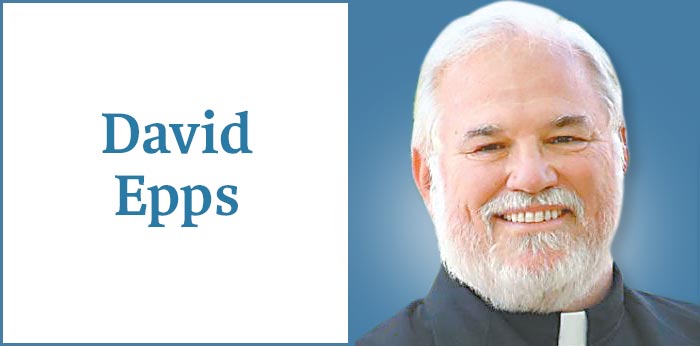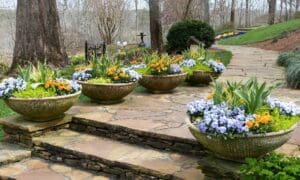(Continued from last week.)
It was a hot day in the little village in Kenya. We, the Americans, were in the village to meet in a church where our bishop would confirm some believers in the faith and ordain several deacons to the ministry. The streets were dirt, as were the floors in most of the businesses and dwellings. Normally, the town had 100-200 people in it on a given day. But this was market day so the streets were crowded with a couple of thousand people who had come in from the surrounding area.
If the population had been of a lighter skin color, it would have been easy to imagine that the scene played out before my eyes was set in ancient Israel. Merchants were set up in roadside stalls, calling out the availability of products in several languages. There was the braying of donkeys, the smell of campfire smoke, the aroma of food being cooked, the sight of noisy goats being herded. There was no electricity and, except for our vehicles, I saw no cars. Most people walked or came in pushing carts or walking along side animal powered carts. It was an ancient scene set in 1998.
But we weren’t there to shop. We discovered that the church met on rented land in the middle of the village. The church structure was a large United Nations surplus tent that had been obtained by the congregation. The blue tent provided the roof while the walls were constructed of something that resembled bamboo. About five feet high, there was a space between the wall and roof where passersby could be seen and heard with many stopping to look inside and satisfy their curiosity.
Before the service began, a group of several men, dressed differently than the others, entered and took their place in the front and off to the side of the altar. These men were the Muslim leadership in the community. It seems that, in order to keep communication open and preserve the relationships in the village, the Christian leadership was invited to important Muslim events and vice versa.
The service began and was beautiful. The music was enthusiastic and, though I didn’t understand the words of the songs, the spirit of them was unmistakable. Then the rains came.
The congregation, which was originally about 100-150 swelled to nearly 400 as people in the market crowd sought shelter from the rains. Any old port in a storm, it seems. All of which delighted the bishop in charge of the service, The Most Rev’d John W. Holloway of Thomaston, Ga.
Bishop John was completely at home in Africa. Loud, boisterous, and friendly to a fault, John never met a person that stayed a stranger for very long. He loved the Africans and they loved him. In Africa, he preached like an African, which is to say he preached in a way that engaged, excited, and elicited a response from the congregation. And the responses were continual. It seems that each sentence was punctuated by the congregation calling out, “Amen!” or “Hallelujah!” or “Praise the Lord” (in the native tongue).
Bishop John would preach and pause, as the Kenyan interpreter shared with the crowd. “Amen!” they would respond Then he would preach another few sentences and wait for the interpreter. “Hallelujah!” was the shout that came back. It was exciting to watch. And then, he proclaimed, “We serve a mighty God!” “Amen!” “We serve a living Christ!” “Hallelujah!” and then, “We don’t serve a dead prophet!” One thing about John Holloway — he was neither shy not subtle.
The interpreter stopped dead, doubtless aware of the Muslim leaders in the tent. “Tell them,” Holloway said. The interpreter shook his head vigorously, “No.” “Tell them, I said!“ the bishop thundered. Which the African interpreter did. What came back was a very weak, almost whispered, response of “Amen” from considerably fewer people. The American priest next to me leaned over and said, “We’re all gonna die!”
But we didn’t. The service went on and people were confirmed and the deacons ordained and Holy Eucharist celebrated right there in the middle of an ancient culture in a timeless village. The rains ended, the crowd dispersed, the Muslim leadership peacefully departed with no apparent offense taken, and the market resumed its business. We went on to the next assignment.
Bishop Holloway suffered a debilitating stroke at the age of 53 in 2007. In 2014, he died. He is still remembered and revered by many in Africa.
(To be continued.)
[David Epps is the pastor of the Cathedral of Christ the King, 4881 Hwy. 34 E., Sharpsburg, GA between Newnan and Peachtree City (www.ctk.life). He is the bishop of the Charismatic Episcopal Diocese of the Mid-South which consists of Georgia and Tennessee and the Associate Endorser for the Department of the Armed Forces, U. S. Military Chaplains, ICCEC. He may contacted at [email protected].]













Leave a Comment
You must be logged in to post a comment.